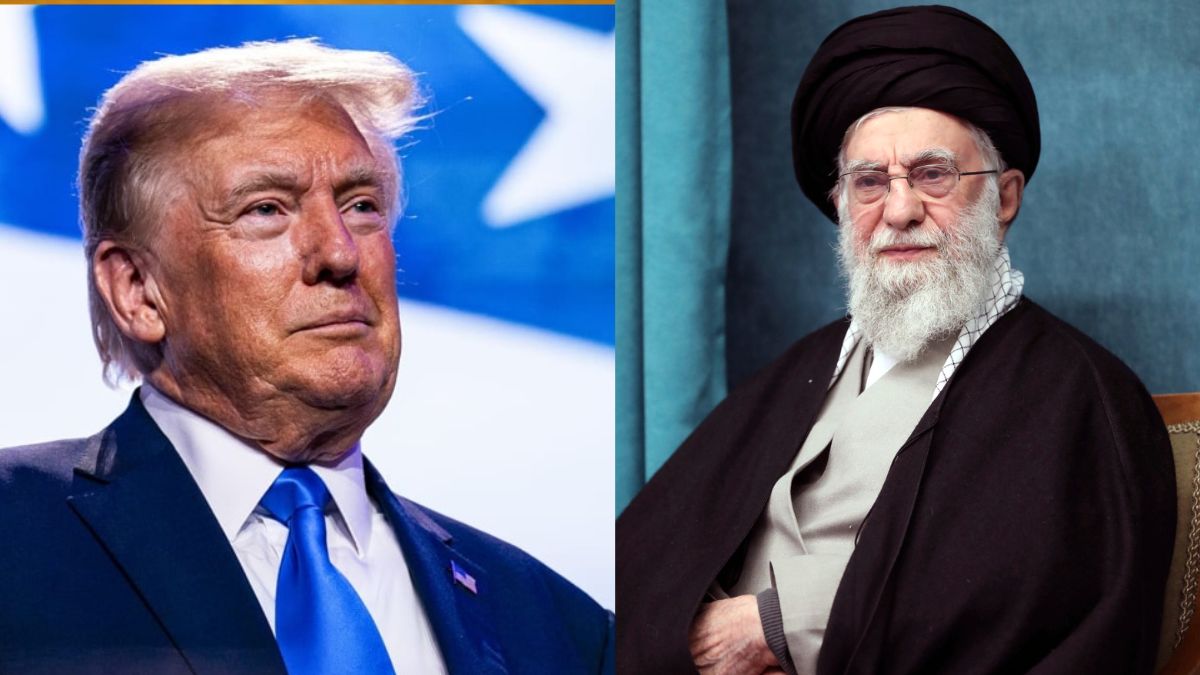Iran’s supreme leader Ayatollah Ali Khamenei on Saturday slammed what he described as bullying tactics a day after US President Donald Trump threatened military action against Iran.
“Some bully governments – I really don’t know of any more appropriate term for some foreign figures and leaders than the word bullying – insist on negotiations,” Khamenei told officials after Trump threatened military action if Iran refuses to engage in talks over its nuclear programme.
Khamenei dismissed US efforts to start talks between the two nations, asserting that such discussions are intended to limit Iran’s missile capabilities and regional influence.
Khamenei’s comments came a day after Trump said he had written to Iran's supreme leader , urging new talks on the country’s nuclear programme or face possible military action if it refuses.
Khamenei said on Saturday that bullying powers aim to assert their own expectations.
“They are setting new expectations that they think will definitely not be met by Iran,” he said, without naming the United States or referring to Trump’s letter.
Khamenei, who has final say on all state matters, said such talks would not address solving problems between Iran and the West. Though Khamenei did not name any person or country, he said the push for talks creates pressure on Iran in public opinion. “It is not negotiation. It is commanding and imposing,” he said.
Tehran has long maintained its program is for peaceful purposes, even as its officials increasingly threaten to pursue the bomb as tensions are high with the U.S. over its sanctions and with Israel as a shaky ceasefire holds in its war against Hamas in the Gaza Strip.
Impact Shorts
More ShortsIran’s accelerated production of near weapons-grade uranium puts more pressure on Trump. He’s repeatedly said he’s open to negotiations with the Islamic Republic while also increasingly targeting Iran’s oil sales with sanctions as part of his reimposed “maximum pressure” policy.
Peaceful nature
Khamenei said Tehran had abided by its commitments for a year but there was “no other way” but to roll back from these under the deal following legislation by the country’s parliament.
US officials now estimate that Iran could produce a nuclear weapon within weeks if it chose to do so.
Tehran has consistently denied pursuing nuclear weapons, emphasising the peaceful nature of its nuclear programme.
Officials have always cited a religious decree issued by Khamenei that prohibits the development of such weapons.
With inputs from agencies


)

)
)
)
)
)
)
)
)



